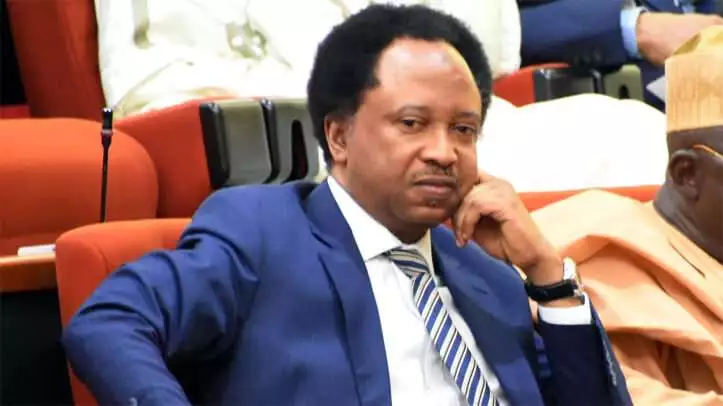Former Kaduna central lawmaker, Senator Shehu Sani, has declared that possible fear of protests and strikes forced the federal government to shelve the oil subsidy removal.
Reacting to the development, in a tweet, Sani also said: “Now that Subsidy will not be removed, please that $800 million borrowed from the World Bank for the purpose should be kept safe, abeg.
“We don’t want to hear that consultants have been paid with half of the money.”
The former lawmaker said he suspected that President Muhammadu Buhari back-pedalled from the subsidy removal out of fear of protests and strikes.
While shedding more light on the subsidy update after a meeting of the National Economic Council, Minister of finance, Mrs Zainab Ahmed explained that the existing committee that has been discussing the fuel subsidy issue needed to be expanded to enable more input from concerned Nigerians.
The minister further pointed out that an expanded committee was formed to determine the exact time and measures to be taken to provide support to the poor and vulnerable, and ensure sufficient supply of petroleum products.
She said the committee will engage with representatives from the incoming administration and key stakeholders.
Mrs Ahmed said the budget for the 2023 fiscal year has provision for the subsidy only up to June 2023, and the Petroleum Industry Act requires that all petroleum products must be deregulated 18 months after the effective date of the PM’s removal, which is also up to June 2023.
According to her, the removal of subsidy will not be done before the transition is completed, but if the committee’s determination is that the removal can be done by June, then the plan will be designed to exit as a tool.
“Council agreed that the first subsidy must be removed earlier rather than later because it is not sustainable.
“We cannot afford it anymore. We have to do it in such a way that the impact of the subsidy is as much as possible, mitigated on the lives of ordinary Nigerians.
“So, this will require looking at alternatives to the post subsidy that needs to be planned for and subsequently put in place, but also what needs to be done to support the people that would be most affected as a result of the removal.
“So, we will be working together with representatives of the state, we will have a plan that we will start working on putting the building blocks towards the eventual removal of the fuel subsidy.”
Discover more from The Source
Subscribe to get the latest posts sent to your email.








